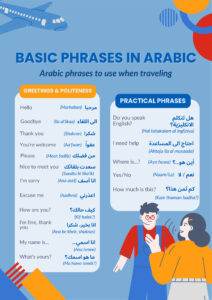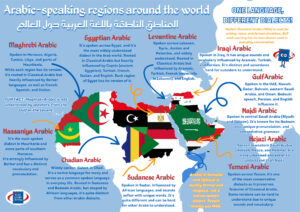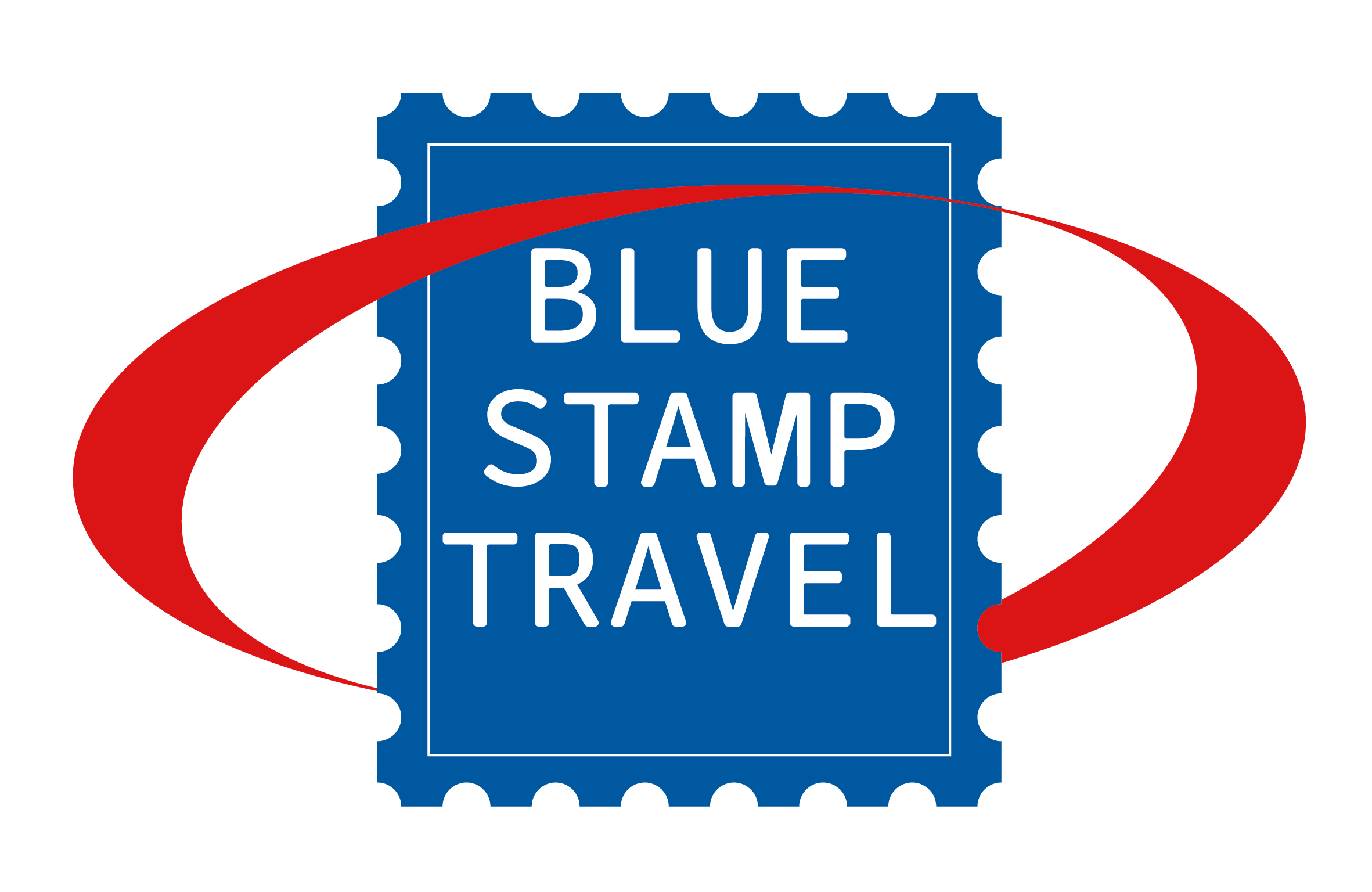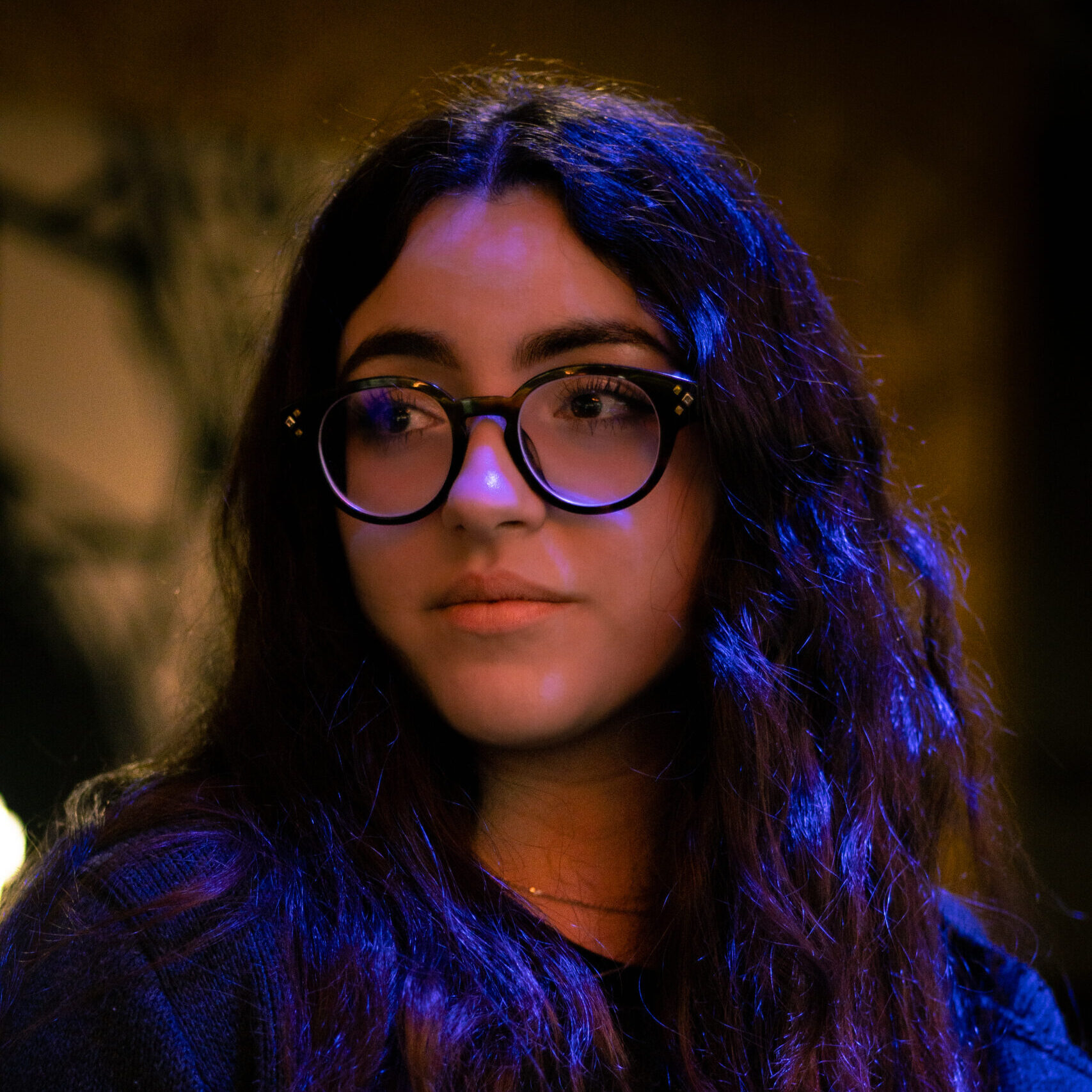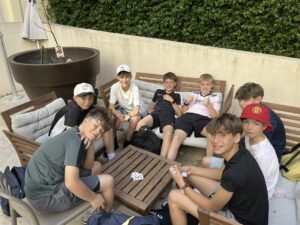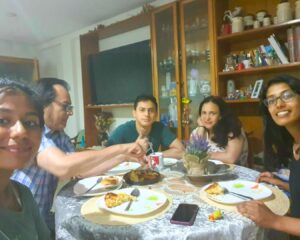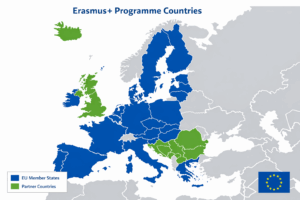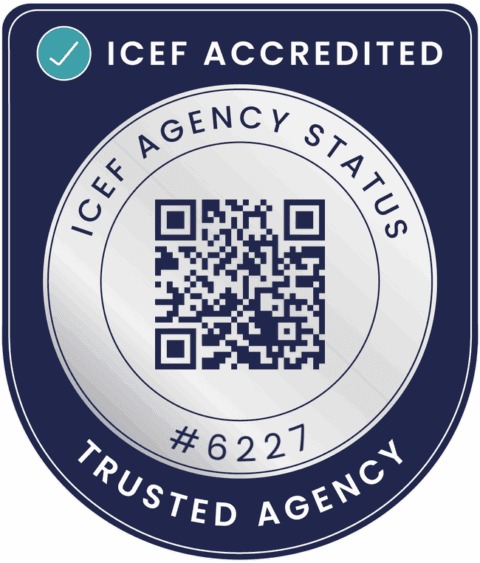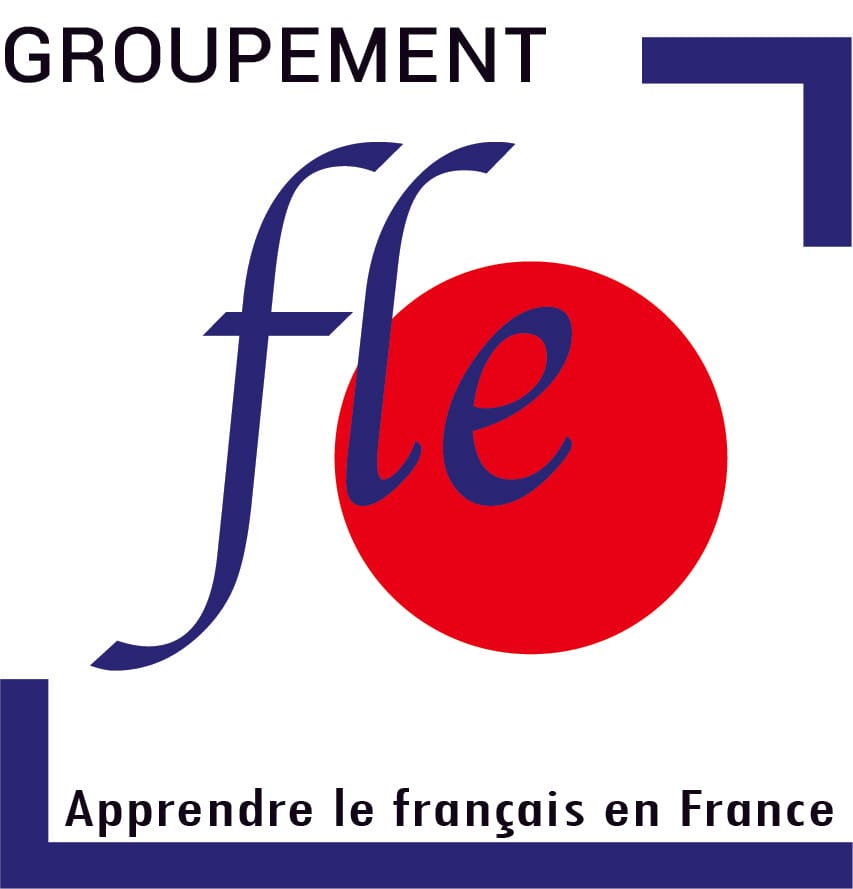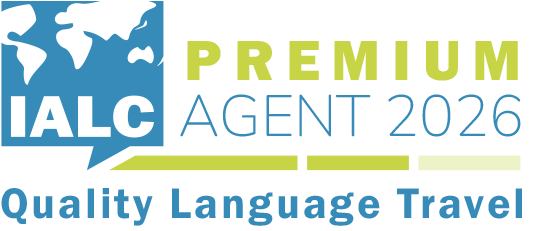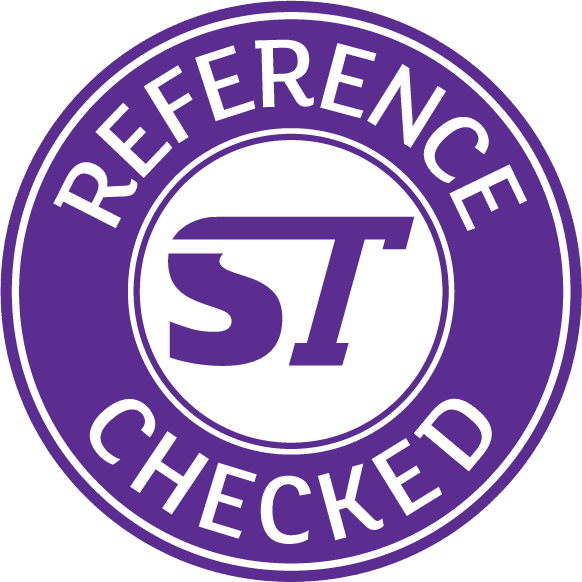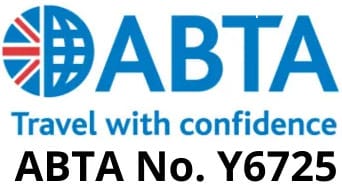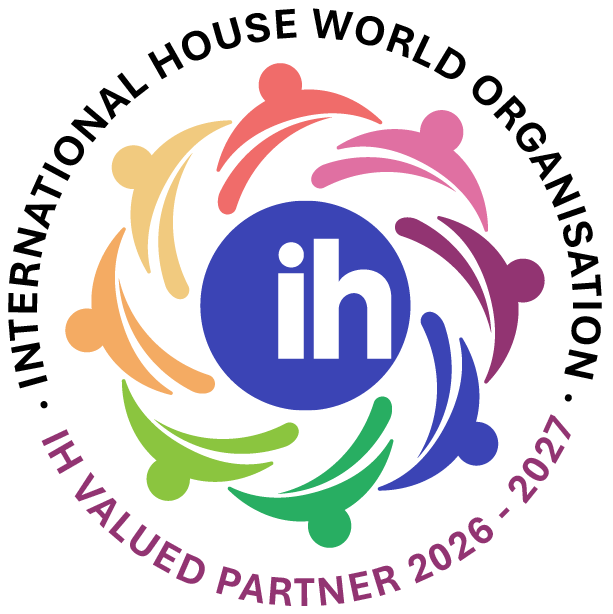When I left Morocco to pursue my studies, I knew I was crossing more than just physical borders. I was stepping into a whole new world, one that spoke in different languages, moved to different rhythms and tasted entirely different. I expected changes in the food, the weather, and even the way people walked down the street. What I didn’t expect was the quiet drift I would start to feel from my mother tongue.
Arabic, specifically Darija, the Moroccan dialect, is more than just a language to me. It is home. It lives in the playful jabs of my father’s jokes, the gentle scoldings of my grandmother, and the proverbs passed down through generations like heirlooms. It is the language I dream in. The one I instinctively turn to when I am upset, overwhelmed, or simply being myself. It is messy, melodic, dramatic, and incredibly alive.
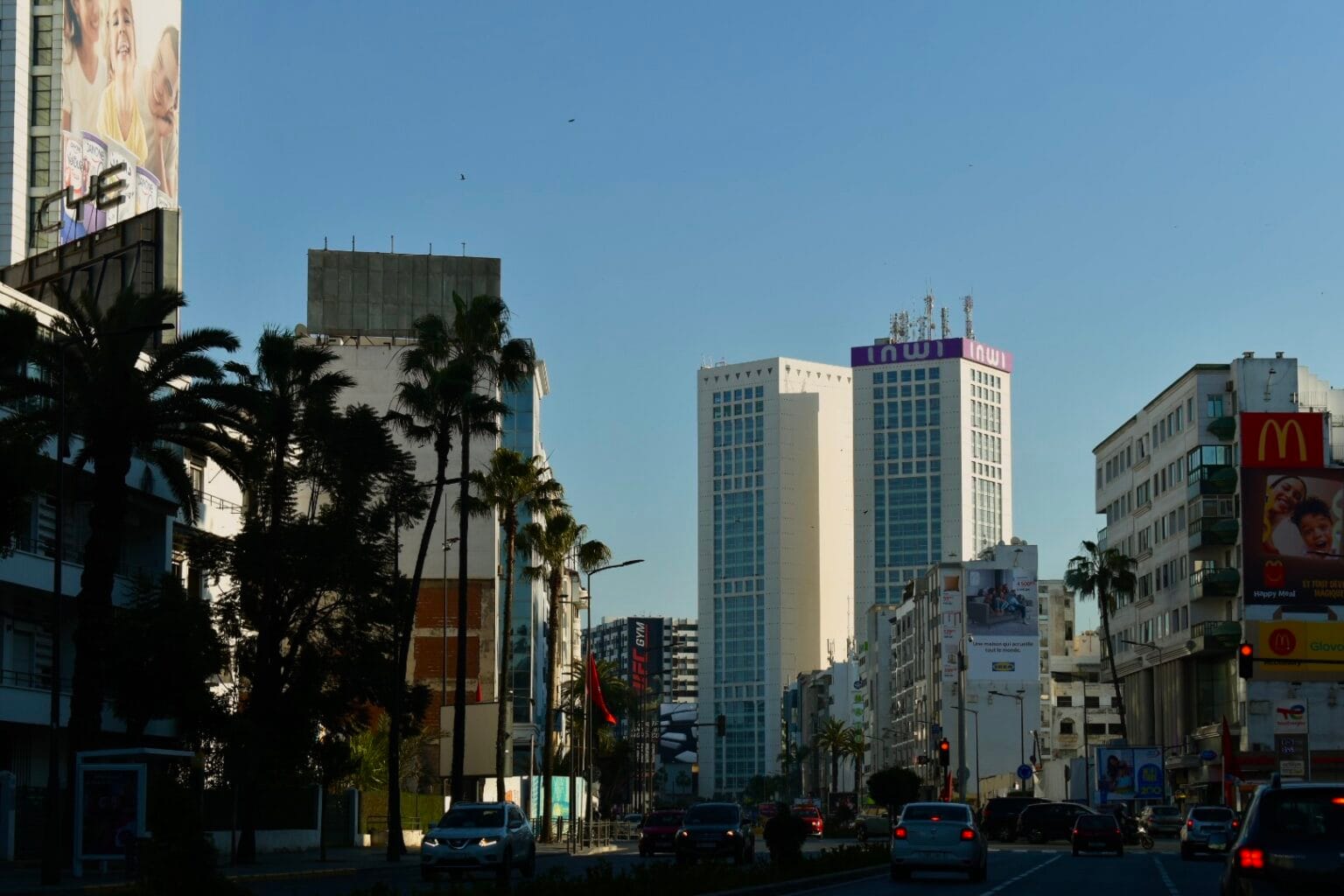
Back in Morocco, Arabic was just there. I never had to think about it. It rang out from market stalls, played from the car radio, and filled the air at every family gathering. But after moving to Europe, first to France and then to the UK, the soundscape changed. French and English became dominant. I speak both fluently, but they never feel quite like mine. They were tools I used. Arabic, though, is part of who I am.
At first, the change was subtle. A word I couldn’t quite remember—a hesitation when trying to express something. I started slipping into French even when speaking to other Moroccans. The shift unsettled me, not because I feared forgetting vocabulary, but because I realised I was beginning to lose a cultural connection. Language is more than a way to speak. It is a way to belong.
So I made a choice. I would not let Arabic become a distant echo in my life abroad. I would hold on to it, on purpose.
It began with small habits. I listened to the music that had always been a part of me: Nass El Ghiwane, Haja El Hamdaouia. On days I felt homesick, these songs brought comfort. I watched Moroccan dramas and classic films, just to reconnect with the sound and cadence of Darija.
Most importantly, I found community. I made it a point to call my family every day and speak with them almost entirely in Arabic. I connected with other Moroccan students at university, people I could talk to freely, without needing to translate myself. I even began teaching my non-Arabic friends some of our everyday expressions. Not just greetings, but phrases with real depth, like maktub, meaning “it is written”, or fiha kheir, which suggests that even in hardship, there is hidden good. These weren’t just translations. There were ways of sharing how we view life.
Speaking Arabic in a country where it is not the dominant language isn’t always simple, but it is worth it. I have learnt that keeping your language alive is an act of love. And often, it is also an act of resistance.
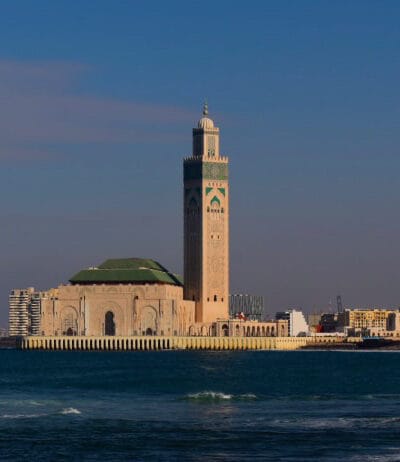
Being Arab and North African in Europe often means walking a line between visibility and invisibility. Our languages are sometimes misunderstood, and our cultures are reduced to stereotypes. But through language, we reclaim our voice. We tell our stories in our own words. Arabic is not just something I speak. It is the rhythm of my upbringing, the soundtrack of my memories, and the thread that ties me to a people and a place I carry in my heart. Even as I create new paths and explore new spaces, Arabic remains my compass. It reminds me of where I come from and who I am.
So no, I’m not losing my language. I am growing with it. And in doing so, I’m helping it grow with me, across borders, across time, and generations.
